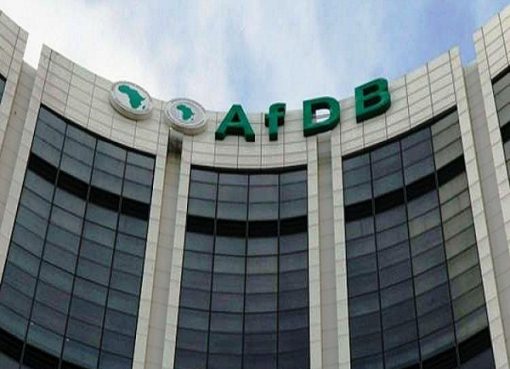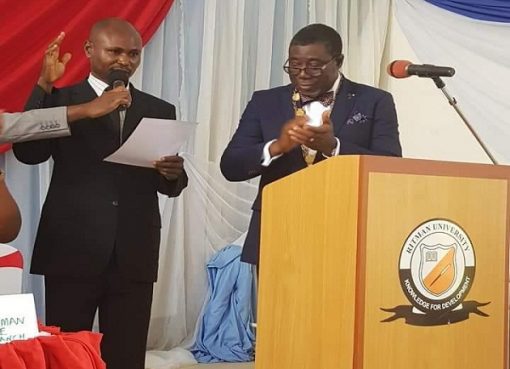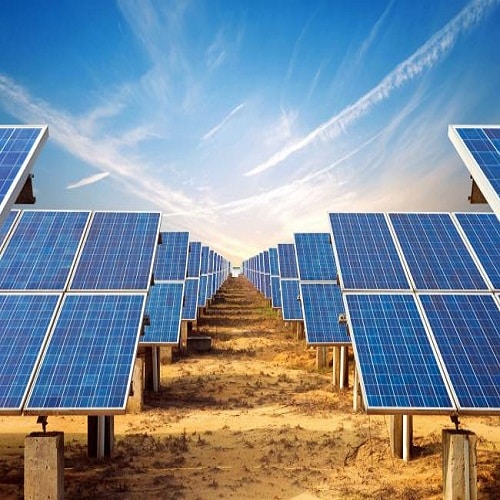Stakeholders in the power sector have noted that the N120 billion investments by the Central Bank of Nigeria, CBN, would improve power supply across the country especially in distribution infrastructure.
The apex bank had last week disclosed that it has disbursed about N3.6 billion for procurement of pre-pay meters to stabilise the billing system in electricity consumption in Nigeria as part of its N120.2 billion investments in distribution companies, DisCos, for infrastructure capital expenditure.
With about 55.5 percent of Nigeria’s 8.3 million electricity customers still without meters, the CBN intervention was described by consumer group, Electricity Consumers Association, as a game changer.
The group’s Chairman, Mr. Usman John told Vanguard in Abuja on Thursday that metering was a major challenge in the industry which the Federal Government must urgently address.
John urged the government to completely scrap the use of estimated billing system by the DisCos, describing as “complete”.
He explained: “Metering is major challenge in the sector. Consumers must be able to determine how they pay for electricity through controlled consumption.
“No matter what the government does if meters are not provided it will come to nothing because provision of meters is critical for the growth of the sector.
“Many consumers are suffering under the burden of estimated billing which is nothing but criminality. People are issued bills for what they did not consume and this must stop. That is why what the CBN is doing is commendable.
“We want the bank to go beyond just providing the money for the meters and ensure those meters are procured and given to consumers without any charge”, he added.
Speaking on the intervention, PwC’s Associate Director, Energy, Utilities and Resources, Habeeb Jaiyeola, said it remained the right step given the fact that current installed capacity for the generation companies in Nigeria, the inability of the DisCos to completely distribute and collect payment would continue to hinder the ability of the country to fully leverage the installed capacity.
According to him, “Government’s continued support to DisCos will have an overall impact on the sector to facilitate the required progress, adding that the federal government also has equity ownership in the DisCos needs to see to their successes.
“Previous intervention funds have been utilized to settle collection challenges. The plan to use this intervention for infrastructure development is a step in the right direction,” he stated.
Jaiyeola urged the government to clearly outlined and monitored the intervention to ensure it achieved projected objectives, adding that the National Mass Metering Programme may need to be checked against some of its set objectives in terms of coverage, availability, and completion time.
On his part, energy expert, Michael Faniran also noted that metering remained critical for the power sector as it would enable the sector to generate enough revenue to address the liquidity gap in the sector.
Faniran explained that without government intervention in bridging the metering gap, DisCos may not show the willingness to end arbitrary billing of consumers.
Faniran noted that there is a critical need for government to support infrastructure development in the sector being also an investor in the distribution link, adding that without the infrastructure that would reduce collection challenges the sector would not be able to fund gas and other links in the sector.
The World Bank had last week told journalists that Nigeria now has the largest number of people without electricity in the world, saying every one in ten without access to electricity now resides in Nigeria.
The Bank also stated that power sector has not been able to keep up with demand or provide reliable supply to existing customers.
“Only 51% of installed capacity is available for generation. An every Nigerian consumes four times less energy than her counterpart in typically lower middle-income country. Businesses in Nigeria lose about $29 billion annually because of unreliable electricity”, the Bank stated.
Reacting to the report, however, the Special Adviser to the President on Infrastructure, Mr. Ahmad Rufai Zakari, said it is unclear what empirical evidence the World Bank used to arrive at the figures, insisting that power distribution to consumers is steadily improving.
Responding to the Power Sector Recovery Programme Opinion Research Fact Sheet released by the World Bank, Zakari said it is inaccurate to make a blanket statement that 78% of Nigerians have less than 12 hours daily access, arguing that empirical evidence from the Nigerian Electricity Regulatory Commission (NERC) shows that only 55% of citizens connected to the grid are in tariff bands D and E which are less than 12 hours supply.
“It is inaccurate to make a blanket statement that 78% of Nigerians have less than 12 hours daily access. The data from NERC is that 55% of citizens connected to the grid are in tariff bands D and E which are less than 12 hours supply. Those citizens are being fully subsidized to pre-September 2020 tariffs until DIsCOs are able to improve supply. There is a N120 billion CAPEX fund from CBN for DIsCOs to improve infrastructure for these tariff classes similar to the metering program that is ongoing,” Zakari said.
Source: Vanguard










